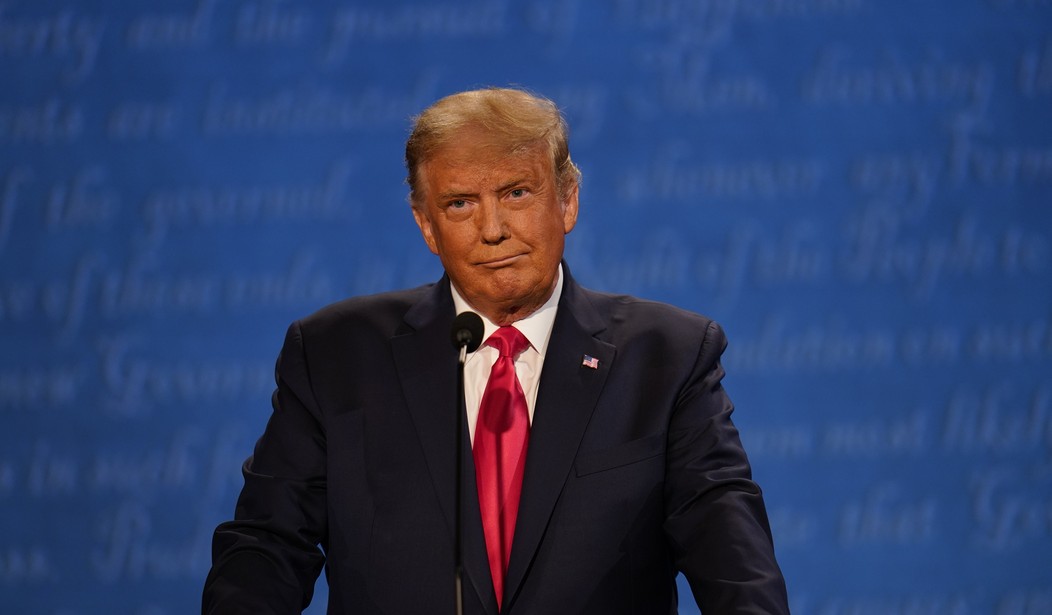In a mad scramble to shore up the senior vote before November's election, President Trump recently signed an executive order that would drop Medicare payments for many prescription medicines to the lowest price paid in other developed nations.
Given the haste with which the president crammed through this plan, it should come as no surprise that the policy is myopic at best and downright reckless at worst. Yes, foreign governments pay less for drugs than we do in the United States. But President Trump fails to consider exactly why prices are lower overseas.
Many other countries unilaterally dictate how much drug developers can charge for their therapies. And if companies don't agree to the terms, foreign governments often just ignore the drug patents, authorize a copycat drug, and devalue intellectual property
Bringing this demonstrably anti-free-market system to the United States would devastate medical innovation to the detriment of both today's and tomorrow's patients.
Here's why. Robust intellectual property
This system has made America the world leader in biomedical innovation. The United States accounts for nearly 60 percent of global pharmaceutical R&D investment. More than half of the world's new therapies come from U.S. labs. Right now, U.S. scientists are developing more than 4,500 potential treatments for serious conditions ranging from Alzheimer's to diabetes.
Recommended
It's a far different story in other developed economies that weaken IP protections. In many European nations, the government uses price control measures to suppress drug costs -- and reserves the right to impose compulsory licensing -- opting to use the technology covered by drug patents if companies refuse to accept below-market reimbursements.
Artificially capping drug prices -- through price controls or compulsory licensing -- chills medical innovation. After all, why would drug developers risk upwards of $2.6 billion to bring one new drug to market when the government reserves the right to swoop in and manufacture their cutting-edge innovation at cut-rate prices?
We've already seen aspects of this in Europe. As recently as the 1970s, Europe produced 55 percent of the world's new medicines. But as European politicians ratcheted up price controls and weakened IP protections relative to the United States, investors and scientists moved away from the continent. Consider that a mere 19 percent of pharmaceutical patents issued in 2016 went to E.U.-based drug companies, while U.S. firms claimed 57 percent.
But who's really harmed are the patients. As a result of price controls and compulsory licensing, many companies shy away from entering these markets. Consider that German cancer patients must wait, on average, 11 months before receiving new cancer medicines. Patients in the United Kingdom and Canada wait 12 and 14 months, respectively, for novel oncology drugs.
Meanwhile, American patients can often access new cancer medicines nearly immediately -- waiting zero to two months, on average.
While less expensive drugs for Americans may sound like a great deal in the short term, in the long term, President Trump's order would stymie American medical innovation. Consider that 77 percent of U.S. pharmaceutical companies anticipate reductions in future R&D efforts if reference pricing takes hold. Any policy that kneecaps R&D means future patients would lose out on myriad life-changing -- and life-saving -- therapies.
Whether foreign governments systematically devalue intellectual property
Americans deserve better. Let's hope Washington reconsiders this misguided policy.
Kristen Osenga is the Austin E. Owen Research Scholar & Professor of Law at the University of Richmond School of Law.

























Join the conversation as a VIP Member